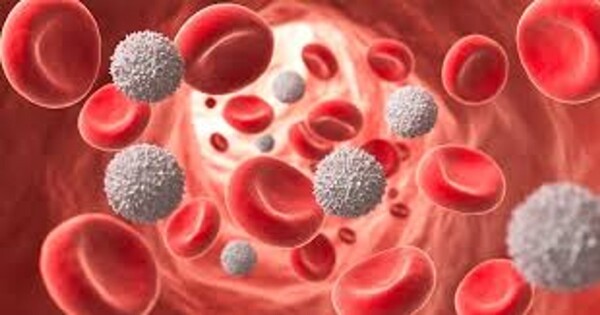
Argentina's healthcare system faces a new challenge: the rapid aging of its population. Currently, 16% of people in the country are over 60 years old, which translates into a higher demand for medical services. It is expected that by 2050 this figure will increase between 22% and 25%, according to projections from INDEC and the IDB.
Currently, of the 7.4 million elderly adults, 750,000 do not receive a pension, 3.1 million have a minimum pension, and 50% experience food insecurity and lack of physical activity. Despite the increase in life expectancy, there has not been an increase in years free of disability.
The longevity revolution poses a socio-health challenge, according to the vice president of the Argentine Society of Gerontology and Geriatrics, Romina Rubin. At an event dedicated to population aging, the importance of universal health coverage based on primary care was discussed.
It is estimated that there are around 10 million adolescents in Argentina, representing 27% of the population. Although the population is aging, there has not yet been significant demographic aging, and the proportion of potentially active population remains high compared to the dependent population.
The demographic profile in Argentina is changing rapidly due to the aging population. The vice president of SAGG stated that the country is among the most aged in the region and that this change puts pressure on the healthcare system. The need for reforms to address the challenges of demographic aging was emphasized, such as ensuring the sustainability of social security and pension systems.
With the increase in longevity and a low fertility rate, it is expected that the Argentine population will age even more in the coming decades. It is crucial to implement policies that address the challenges associated with this demographic aging, such as developing support programs for the elderly and their families, as well as access to housing and services tailored to their needs.
Health experts point out the need to improve efficiency in the healthcare system, reduce readmissions, and work on preventing frailty in the elderly population. The importance of providing transitional care and strengthening independent living arrangements to avoid dependence in old age is highlighted.














